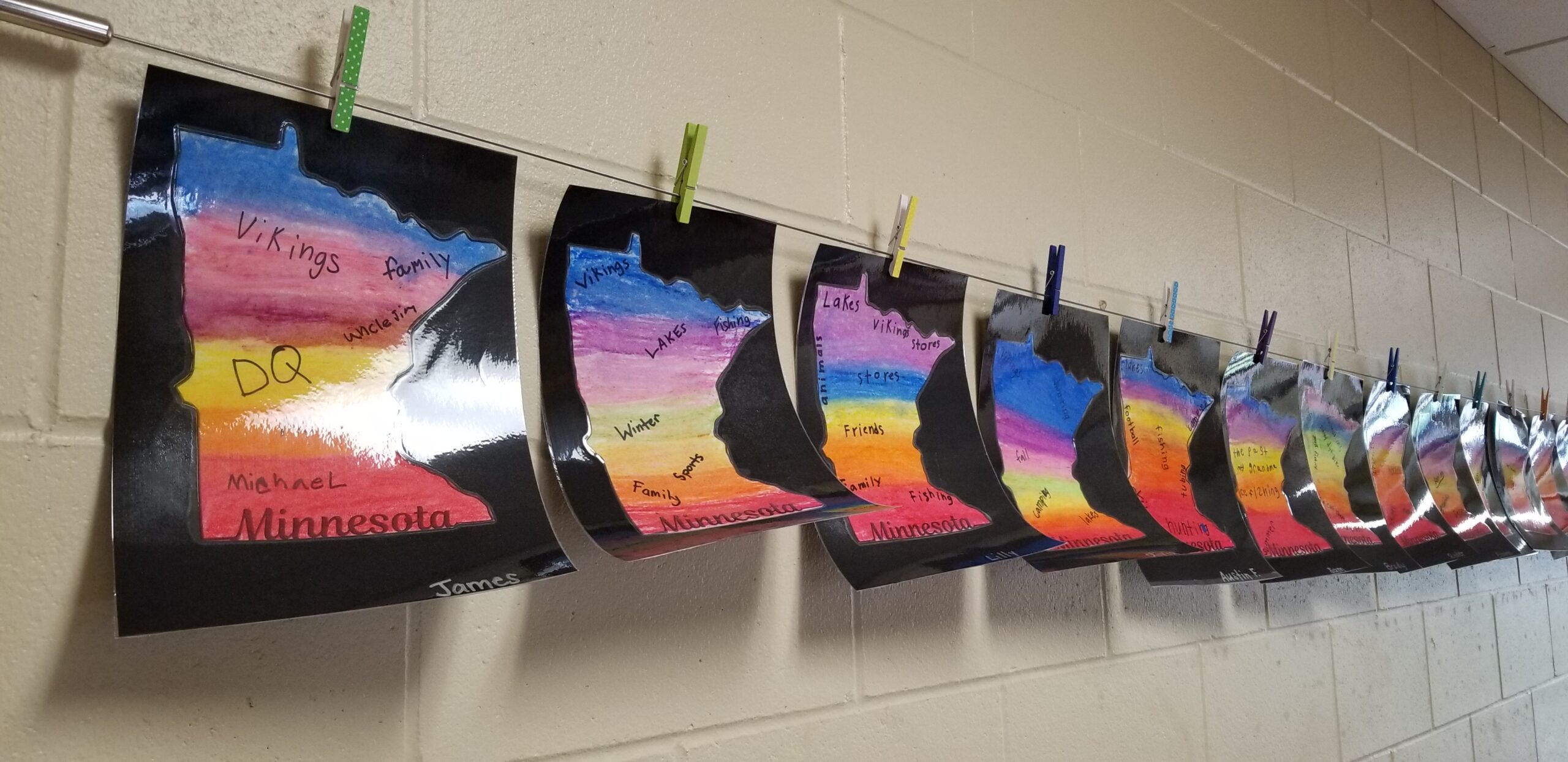The Education committees in the Minnesota House and Senate spent their first weeks of the legislative session looking at the many structural gaps in teaching and learning that the pandemic has exposed.
The key E-12 issues in play now at the Capitol:
- Innovative school calendars and learning programs
- Racial inequities in education
- Teachers of Color
- Adverse Childhood Experiences (ACEs)
- COVID-19 Recovery
Here’s an update on each:
Innovative School Calendars & Learning Programs
The Senate E-12 committee focused on innovative school calendars and other learning programs to help non-traditional students. It’s unclear if they plan to advance legislature fostering additional innovative programs and allowances for local districts.
Racial Inequities in Education
The House education committees took a deep dive into systemic racism and its impact in the education system. The House education committees last week heard testimony from research professionals in anti-racist fields of work.
They defined racism as a public health crisis and began identifying racial inequities in our education system. The researchers identified school discipline disparities and the lack of a diverse teaching workforce as critical areas the state should focus on.
Teachers of Color Bill
The House Education Policy committee on Wednesday advanced HF 217, commonly referred to as the “Increase Teachers of Color Act (ITCA). The bill provides funding for residency and ‘grow your own’ programs in addition to requiring school districts to adopt a specific anti-racist framework in their local education systems.
Tackling “last in, first out” policies was highlighted by a former teacher of the year, who was let go by her school district due to seniority layoff, and left the committee with a direct statement that, “LIFO is both inequitable and racist.”
Adverse Childhood Experiences
The House Early Childhood committee reviewed research outlining the adverse effects of racism and other adverse childhood experiences (ACEs) on brain development, stressing that ACEs hinder the ability of children to succeed in education.
Researchers testified to the structures that drive inequities between racial and ethnic groups in early childhood investment and maternal health. An overarching theme of these hearings was that young children have the least access to resources, an issue that has significant repercussions in a child’s life course and educational trajectory.
COVID-19 Recovery Bill
HF 4, the House DFL COVID-19 educational recovery bill, saw additional action last week, but stopped short of being passed out of the House Education Finance committee as the full fiscal note for the bill was reviewed. Coming in at $118 million for the next fiscal year, committee members paused work on HF 4 as they will now try to absorb the Gov. Tim Walz’s education plan, released last week, and the Governor’s strategies for COVID-19 educational recovery.
COVID-19 recovery and anti-racism frameworks in education are the obvious focal points for the House education committees. This was solidified last week as House Education Finance Chair Jim Davnie said during a meeting with education lobbyists, “If you’re not talking to me about COVID recovery or closing racial disparities, then why are you in my office?!”





